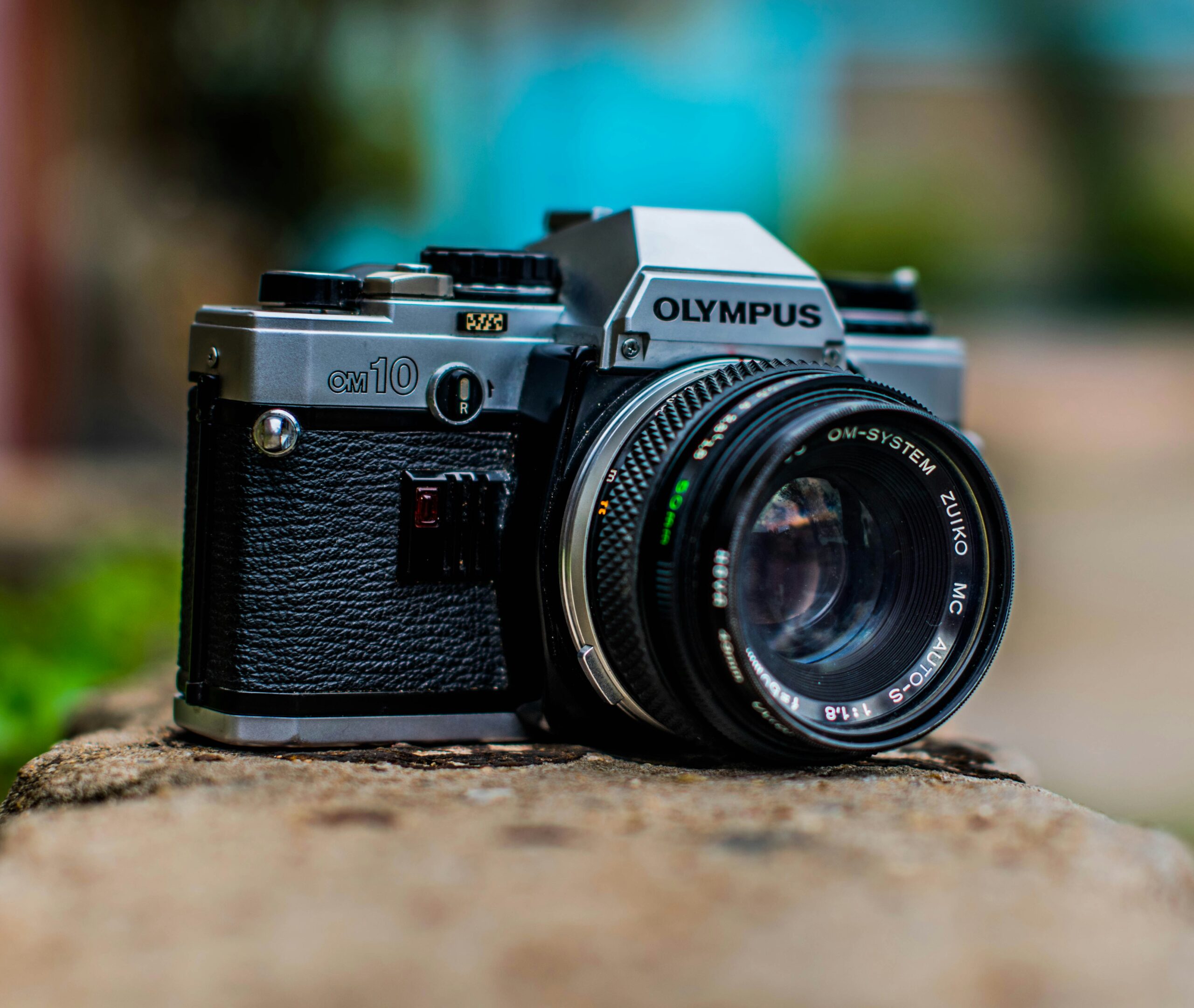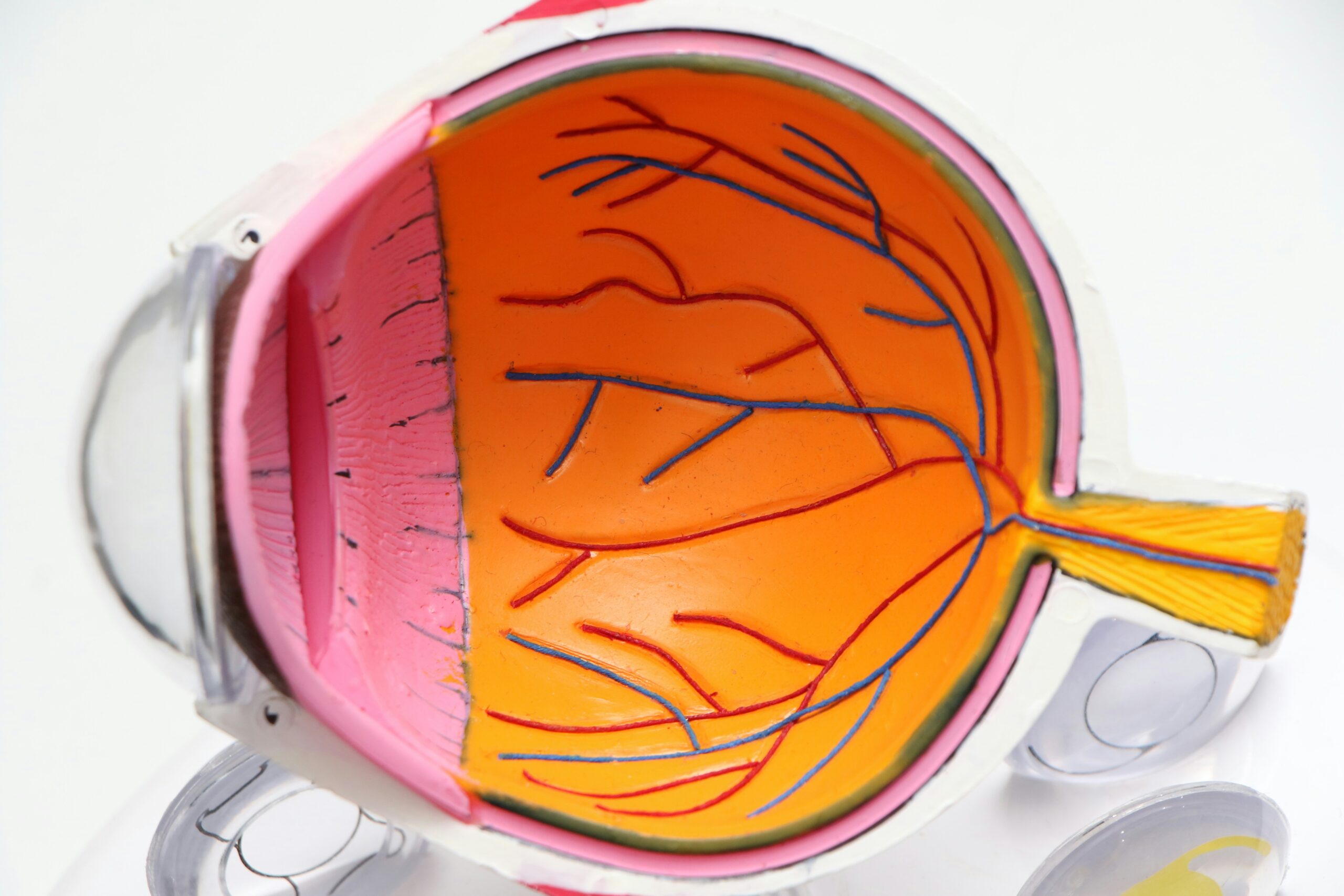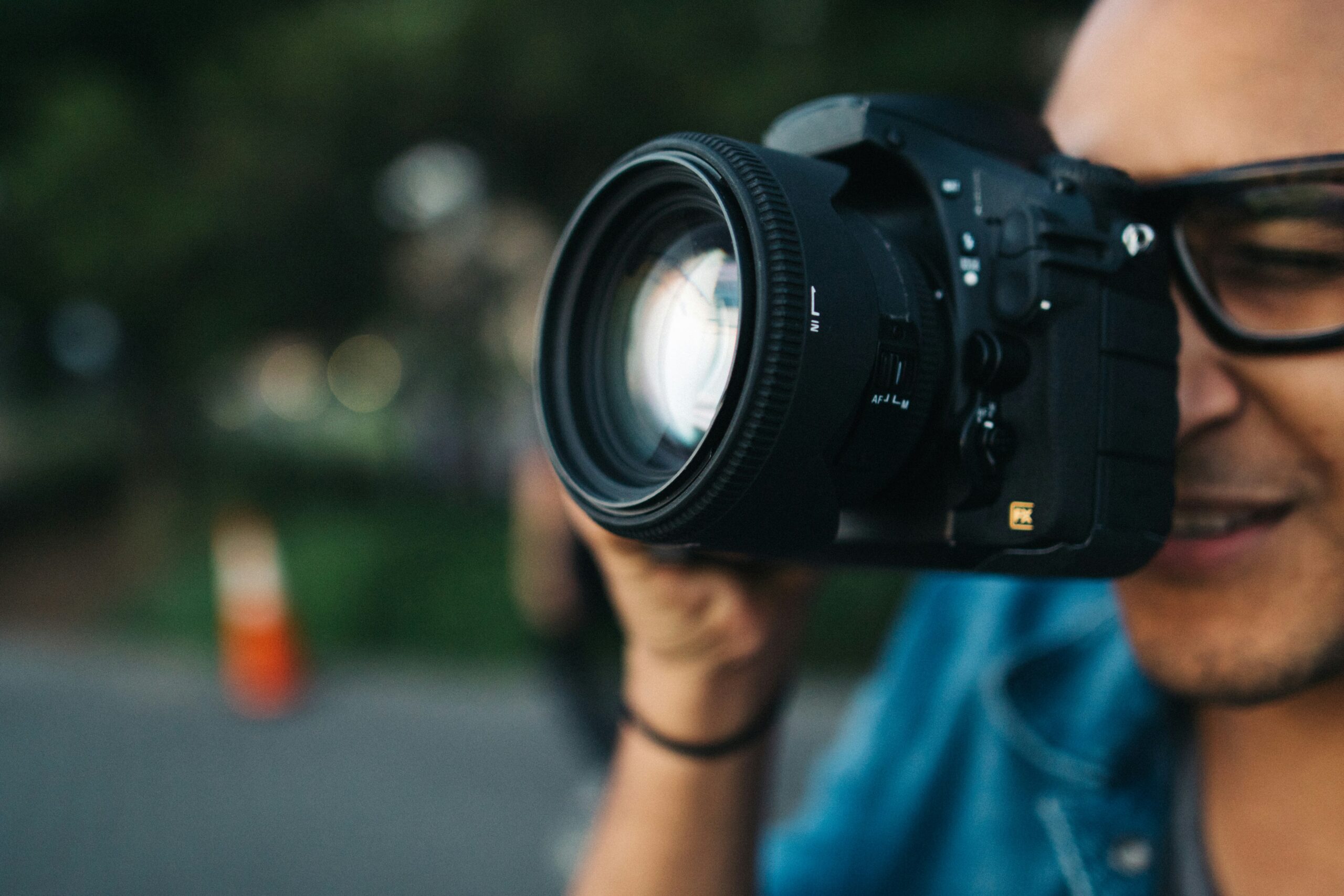Have you ever wondered if lens coating makes a difference in the light transmission of a hunting scope? Well, in this article, we will explore the impact of lens coating on the clarity and brightness of your scope’s image. Whether you’re an experienced hunter or a novice, understanding how lens coating affects light transmission can help you make an informed decision when choosing a hunting scope. So, let’s dive into the fascinating world of lens coating and discover how it can enhance your hunting experience.
Understanding Hunting Scopes
Fundamentals of hunting scopes
Hunting scopes are essential tools for hunters, allowing them to accurately and effectively engage targets at various distances. These scopes come in a range of sizes and specifications, but they all share the same primary purpose: to provide a clear and magnified view of the target. When it comes to selecting the right hunting scope, it is crucial to understand the fundamentals that make up these powerful optical devices.
How hunting scopes work
Hunting scopes work by utilizing a system of lenses and magnification mechanisms. The objective lens at the front of the scope gathers light from the environment and focuses it towards the reticle, which is the aiming point in the center of the scope. The light then passes through additional lenses, including the magnifying lenses, which enlarge the image, making it easier for the hunter to see and aim at distant targets. Finally, the ocular lens presents the magnified image to the hunter’s eye.
Types of hunting scopes
Hunting scopes are available in various types, each catering to different hunting scenarios and preferences. Some popular types include variable scopes, which offer adjustable magnification levels, and fixed-power scopes, which provide consistent magnification. Other types include night vision scopes, red dot scopes, and long-range scopes. Understanding the different types of hunting scopes can help you choose the one that best suits your specific needs.
Fundamentals of Lens Coating
Definition of lens coating
Lens coating refers to a thin layer of material that is applied to the glass surfaces of the scope’s lenses. This coating serves multiple purposes, including reducing glare, improving light transmission, increasing durability, and enhancing image quality. Lens coatings can be either single-coated, where only one layer is applied, or multi-coated, where multiple layers are deposited on the lens surfaces.
Types of lens coatings
There are several different types of lens coatings commonly used in hunting scopes. These include anti-reflective coatings, which minimize reflections and increase light transmission; scratch-resistant coatings, which protect the lenses from scratches and abrasions; and hydrophobic coatings, which repel water droplets and make the lenses easier to clean. Additionally, some coatings are specifically designed to enhance color fidelity, contrast, and overall image quality.
The role of lens coatings
Lens coatings play a crucial role in optimizing the performance of hunting scopes. By reducing reflections and increasing light transmission, lens coatings ensure that the maximum amount of available light reaches the hunter’s eye, resulting in a brighter and clearer image. Additionally, these coatings protect the lenses from scratches, dust, and moisture, thereby prolonging the lifespan of the scope. In essence, lens coatings are instrumental in enhancing the overall viewing experience and effectiveness of a hunting scope.

Specifics of Light Transmission
What is light transmission in optical terms
Light transmission, in optical terms, refers to the percentage of light that passes through the lenses of a hunting scope. It is a vital aspect of optical performance, as it directly affects the brightness and clarity of the image seen by the hunter. The higher the light transmission, the more light is available to the hunter’s eye, resulting in a clearer and more detailed view of the target.
How scopes handle the transmission of light
Hunting scopes are designed to optimize light transmission by utilizing various mechanisms in conjunction with lens coatings. These mechanisms include anti-reflective coatings, lens curvature, and proprietary technologies developed by scope manufacturers. The anti-reflective coatings minimize the loss of light due to reflections, while lens curvature and other design features ensure that the light rays are properly focused and directed towards the hunter’s eye.
Importance of light transmission in hunting scopes
Light transmission plays a crucial role in hunting scopes as it directly impacts the performance and functionality of the device. A hunting scope with high light transmission allows the hunter to see clearly even in low-light conditions, such as during dusk or dawn. This increased visibility translates into improved target acquisition, accuracy, and overall hunting success. Therefore, when selecting a hunting scope, it is essential to consider the light transmission capabilities to ensure optimal performance in a variety of hunting situations.
Impact of Lens Coatings on Light Transmission
How lens coatings affect light transmission
Lens coatings have a significant impact on light transmission in hunting scopes. By minimizing reflections and increasing the amount of light that passes through the lenses, lens coatings effectively enhance the light transmission capabilities of the scope. These coatings reduce the loss of light caused by surfaces reflecting light away from the desired path, resulting in a brighter and clearer image for the hunter.
Different scenarios of lens coating impact on light transmission
In scenarios where lens coatings are absent or insufficient, the light transmission of a hunting scope can be significantly compromised. Uncoated lenses tend to reflect a significant portion of the incident light, reducing the amount of light that reaches the hunter’s eye. This can result in a dim and less detailed image, making it harder for the hunter to accurately identify and engage targets. However, when multi-layered coatings are applied, the light transmission is optimized, providing a brighter and more vibrant view.
Case studies showing the impact of lens coating on light transmission
Several studies have been conducted to assess the impact of lens coatings on light transmission in hunting scopes. These studies have consistently demonstrated that lens coatings contribute to a substantial improvement in light transmission, particularly in low-light conditions. Through the application of advanced coating technologies, hunting scopes can achieve light transmission percentages of 90% or higher, ensuring optimal visibility for the hunter, regardless of the lighting conditions.

Benefits of Coated Lenses in Hunting Scopes
Enhanced visibility
One of the primary benefits of lens coatings in hunting scopes is enhanced visibility. The application of anti-reflective coatings reduces the loss of light caused by reflections, resulting in a brighter and clearer image. This enhanced visibility allows the hunter to see targets more clearly, even in challenging lighting conditions, improving overall hunting success.
Improved image sharpness
Coated lenses in hunting scopes also contribute to improved image sharpness. By minimizing the loss of light and reducing optical aberrations, lens coatings help to maintain the integrity of the captured image. This leads to sharper and more detailed visuals, enabling the hunter to accurately assess the target and make precise shots.
Reduction in glare
Glare from bright lights or reflective surfaces can be a significant hindrance in hunting scenarios. Lens coatings effectively reduce glare by minimizing the reflections that cause it. This reduction in glare not only enhances the overall image quality but also prevents eye strain and discomfort, allowing the hunter to stay focused for longer periods.
Increased lifespan of the scope
Lens coatings also offer the added benefit of protecting the lenses from scratches, dust, and moisture. This protection helps to extend the lifespan of the hunting scope by preventing potential damage and degradation of the optical surfaces. By investing in a coated lens hunting scope, hunters can ensure that their device remains in excellent condition, providing reliable performance for years to come.
Drawbacks of Coated Lenses in Hunting Scopes
Potential for increased cost
One potential drawback of coated lenses in hunting scopes is the potential for increased cost. High-quality lens coatings require advanced materials and technologies, driving up the production cost of the scopes. However, it is important to note that the benefits provided by coated lenses often justify the additional expense, as they significantly enhance the performance and functionality of the hunting scope.
Risk of coating degradation with misuse
Improper handling or misuse of hunting scopes can result in the degradation of the lens coatings. Scratches, exposure to harsh chemicals, or improper cleaning techniques can all lead to the deterioration of the coatings over time. To prevent this, it is essential to follow proper maintenance procedures and handle the hunting scope with care.
Possible distortions if coating is improperly applied
If lens coatings are improperly applied during the manufacturing process, it can lead to distortions in the image seen through the hunting scope. These distortions may manifest as blurring, color shifts, or other visual artifacts. However, it is worth noting that reputable scope manufacturers employ rigorous quality control measures to ensure that coatings are applied uniformly, minimizing the chances of such distortions occurring.

Do All Hunting Scopes Require Lens Coating?
Using hunting scopes without lens coating
While lens coating offers numerous advantages, some entry-level hunting scopes may not come with coated lenses. These scopes are typically more affordable options designed for casual or occasional hunters who prioritize cost over performance. Although hunting with uncoated lenses is possible, it is important to note that the absence of lens coatings can significantly impact light transmission, image quality, and overall hunting experience.
Scenarios where lens coating may not be required
In certain situations, lens coating may not be a critical requirement for hunting scopes. For example, if hunting exclusively during daylight hours in well-lit environments, the absence of lens coatings may not greatly impact visibility. Additionally, if engaging targets at extremely close distances, the benefits of lens coatings may be less pronounced. However, it is important to assess individual hunting needs and scenarios to determine whether lens coatings are necessary for optimal performance.
Choosing the Right Lens Coating for Your Hunting Scope
Factors to consider when choosing lens coating
When selecting the right lens coating for your hunting scope, several factors should be taken into consideration. The primary factors include the desired light transmission percentage, the hunting environments and lighting conditions you frequently encounter, as well as your budgetary constraints. Additionally, it is important to consider other features such as scratch resistance, hydrophobic properties, and color enhancing capabilities offered by various lens coatings.
Best lens coating options for various hunting scenarios
The best lens coating options for hunting scopes vary depending on the specific hunting scenarios. For low-light conditions, multi-layered anti-reflective coatings are ideal as they maximize light transmission. Scratch-resistant coatings and hydrophobic coatings are beneficial for hunting in rugged environments or during inclement weather, providing added durability and ease of maintenance. Consider a lens coating that aligns with your specific hunting needs to ensure the best possible performance from your scope.
Expert recommendations for hunting scope lens coatings
Experts in the field of hunting optics often recommend investing in hunting scopes with high-quality multi-layered lens coatings. These coatings offer superior light transmission properties and a range of additional benefits, contributing to an enhanced hunting experience. It is advisable to consult with knowledgeable professionals or read expert reviews to identify reputable hunting scope manufacturers known for their quality lens coatings.
Maintenance of Lens Coatings on Hunting Scopes
Dangers of improper maintenance
Improper maintenance of lens coatings can lead to significant damage and degradation of the coatings. Using abrasive materials or harsh chemicals for cleaning, failing to store the hunting scope properly, or neglecting regular maintenance can all contribute to the deterioration of the coatings over time. This can result in reduced light transmission, compromised image quality, and decreased lifespan of the hunting scope.
Recommended lens coating maintenance tips
To ensure the longevity and optimal performance of lens coatings on hunting scopes, it is crucial to follow proper maintenance practices. Use a soft, lint-free cloth or specialized lens cleaning materials to gently remove any dirt or smudges from the lenses. Avoid touching the lenses with bare hands to minimize the transfer of oils and residues. Store the hunting scope in a clean and dry environment, protected from dust and moisture. Regularly inspect the lenses for any signs of damage or degradation and address them promptly.
What to do if the coating gets damaged
In the unfortunate event that the lens coatings on your hunting scope get damaged, it is recommended to seek professional assistance. Attempting to repair or recoat the lenses yourself can potentially worsen the damage and compromise the overall performance of the scope. Reputable scope manufacturers or authorized service centers usually offer repair and maintenance services, ensuring that the damaged coatings are properly addressed by experienced professionals.
Future Trends in Lens Coating Technology for Hunting Scopes
Emerging lens coating technologies
Lens coating technology for hunting scopes is continuously evolving, with manufacturers constantly exploring new materials and techniques. Emerging technologies include advanced nanocoatings that offer even higher light transmission percentages and improved scratch resistance. Additionally, developments in anti-glare coatings and enhanced color enhancement properties are on the horizon, promising to further enhance the performance and visual experience of hunting scopes.
Potential improvements in light transmission
Future advancements in lens coating technology hold the potential to further improve light transmission in hunting scopes. By minimizing reflections and maximizing light input, these advancements aim to deliver brighter, clearer, and more vibrant images for hunters. This increased light transmission can result in improved target identification, increased shooting accuracy, and enhanced overall hunting success.
Impact of future trends on hunting scope selection
As lens coating technology continues to advance, the impact on hunting scope selection will become increasingly significant. Hunters will have access to scopes with even higher light transmission capabilities and enhanced optical performance. These advancements will offer hunters a wider range of options when selecting scopes tailored to their specific hunting needs and preferences. With continued innovation in lens coating technology, the future promises to bring exciting improvements to the world of hunting optics.
